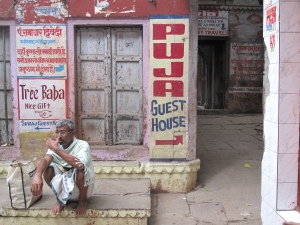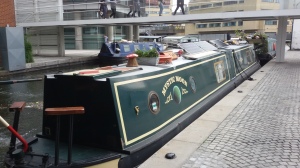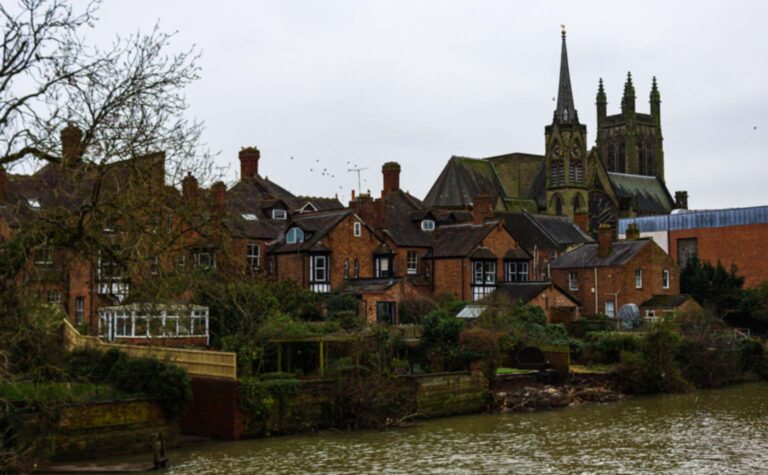
Berkhamsted pop-up wasn’t so much a conversation about end of life issues, but more of a brainstorming between local GP Dr Jo Withers and her business partner, Sue Raynsford from Finity, Gita Kadirgama, Jo’s practice nurse, Mirelle Hayden (she also came to the King’s Cross pop-up death café) who manages Future Matters and Gentle Dusk, and Sally Whitworth who runs the Aylesbury Vale Natural Burial Meadow, about how end of life care information and alternative funeral services can be better delivered nationally.
We all agreed that end of life care in the UK is woefully lacking in unity and consistency. While our hospice service is regarded as the best in the world, the report from the parliamentary and health services ombudsman, released during Dying Matters week, shows that lack of compassion at the end of life provided by the NHS is causing considerable suffering and lack of dignity to many patients and relatives.
‘GPs are pretty hopeless too’, admitted Jo. ‘They don’t have the time that is needed to listen to patients talk about end of life issues. There’s the allotted ten minutes, and that’s it.’
‘However,’ she added, ‘there are a couple of local health authorities who have started a financial incentive for GPs to sign-up 1% of their patients for an Advance Care Plan. No plan, no money. But at least it’s a start.’
We all expressed concern about the way this advance care plan incentive, which provides information about what you want for end of life care and treatment, might be implemented when GPs are under such pressure. People, we agreed, need time to talk such important things through and to be listened to with empathy and understanding.
In an attempt to help the way GPs engage with end of life conversations, Jo and Sue organised a seminar for doctors to come and talk about any concerns they have. ‘But,’ Sue said, ‘they didn’t want to do it, and certainly did not engage with their own end of life issues. “Time” is always the excuse.’
Gita, who works as a practice nurse at Jo’s surgery, agreed with how difficult it can be to have important conversations with patients when time is so short. ‘But,’ she said, ‘I realise that I need to make the time if a patient wants to talk about making an Advance Care Plan. I know the doctors can’t do it, so I think I have to make some changes in how I can offer help in my own surgery.’
‘It’s crazy, especially as we now have an aging population’ said Mirelle ‘that Health Authorities won’t make Advanced Care Plans part of a health and welfare directive. When relatives and medicals staff know what someone wants for their end of life care, it saves money, inappropriate medical interventions, emotional turmoil, and family feuds. In my experience of helping people to make end of life plans, it gives them peace of mind, and enables them to enjoy life all the more.’
Sally Whitworth agreed with the importance of helping people confront the fact that one day, they were going to die. ‘I experience people who do engage with what they want for their funeral are much happier and easier with themselves. It’s as if they have made peace with it all. I think it certainly helps the grieving process for relatives as well. They know they have given their relative what he or she wanted.’
‘But,’ she added, ‘I did meet a man who said that he had no intentions of making a Will because it meant he was going to die!’
Jo and Sue are as passionate as Mirelle is for challenging and changing the UK’s reticence to engage in end of life matters. Their work and visions are testaments to this:
Currently providing help and support locally in Hertfordshire, Jo and Sue’s main aim through Finity is to encourage people to consider and talk around all issues concerning the end of their lives. Jo and Sue believe that the lack of conversation between relatives is perhaps the most important reason why peoples end of life wishes go ignored or unfulfilled.
Jo and Sue want to role this support out nationwide, and are now developing Finity training material for anyone who wants to facilitate end of life care workshops and seminars throughout the UK. Therefore, they are also in the process of setting up a ‘training the trainers’ programme for these Finity inspired courses (if you want further information on this, please email Jo on: jo.withers@finity.org.uk).
Mirelle’s work is remarkably similar, although she focuses on training volunteers to help people make end of life care plans.
‘The main aim of Future Matters (this is jointly delivered by Age UK Islington and Gentle Dusk, and funded by Islington Clinical Commisioning Group) says Mirelle, ‘is to help people plan for their future end of life care by providing information about Wills, Powers of Attorney, Advance Care Plans, and funeral wishes. We offer one-to-ones with volunteers who we train, to anyone who wants to know more, or wants to make an end of life plan.’
Gentle Dusk, which Mirelle runs with business partner Debbie Young, also provides support, training and project management consultancy for organisations and individuals involved in end of life care.
As with Jo and Sue’s vision for Infinity, Mirelle and Debbie want to develop Gentle Dusk to empower communities nationally to start talking honestly and openly about death and dying, and the importance of being prepared for it (for further information, please email: info@gentledusk.org.uk).
Although Sally Whitworth’s work focuses on providing natural ecological burials as an alternative to more traditional funeral options, she shares the same vision about having those important end of life conversations with relatives before it’s too late. ‘Having come to this pop-up, and hearing about the work of Finity, Future Matters and Gentle Dusk, I realise how much work there is to do, and irrespective of the burial ground, I want to help in anyway I can.’
‘Yes,’ said Gita, ‘I believe we need a nationally cohesive network where we can share thoughts and opinions, and receive practical help. I also believe that we all need to learn to be a listening ear to those who want to talk about end of life issues. We need much more education in schools as well, and in Church groups and other social groups. I certainly want to be part of making this happen.’
So the inspiration is there, and so is the expertise. All of us – that includes you reading this blog – need to find ways to help each other face the inevitability that we are going to die, that it is very important to make our end of life wishes known to our families and doctors (if we don’t do this, how are they going to know what we want), and that we are all in this together.





